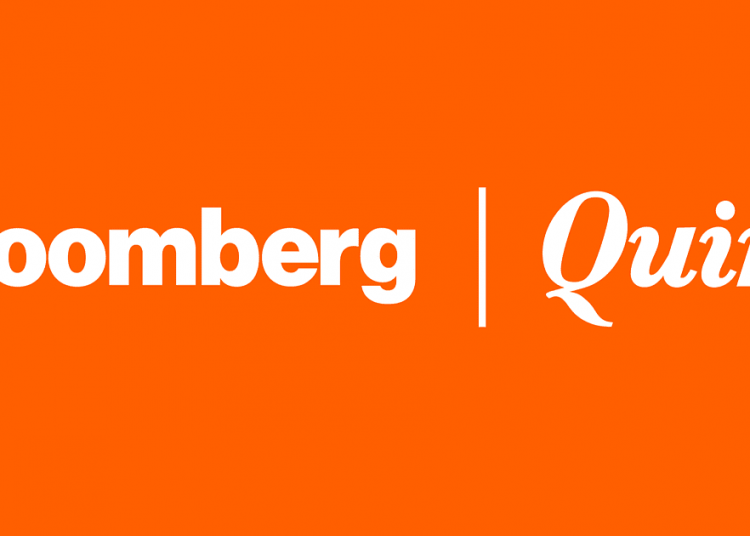(Bloomberg) — The fast-spreading Covid-19 variant first found in the U.K. is gaining a Florida foothold, prompting concerns about fans who flooded the streets of Tampa on Sunday after the Buccaneers beat the Kansas City Chiefs to win Super Bowl LV.
Florida leads the U.S. in confirmed cases of the variant known as B.1.1.7, with 201 infections identified overall, according to data from the Centers for Disease Control and Prevention. It’s also the worst state on a population-adjusted basis, followed by Wyoming, Colorado, Connecticut and California. The U.S. has reported 690 cases of B.1.1.7 across 33 states, according to the CDC.
The relatively small numbers can be deceiving. The data are based on sampling of Covid specimens, but the CDC emphasizes that the figures don’t represent a complete picture. The U.S. does relatively little analysis of virus variants.
New research released Sunday on MedRxiv shows the U.S. is on a similar trajectory to other countries where B.1.1.7 has become dominant and propelled new surges. The research estimated that in the last week of January, B.1.1.7 was already 4.5% of Florida cases and 2.1% cases nationally. In the Sunshine State, the number of such cases was doubling every 9.1 days, the research shows.
In the U.S., the data suggest transmissability as much as 45% higher compared with traditional strains, according to the research.
Late Sunday, maskless celebrants blocked traffic in downtown Tampa in defiance of an outdoor mask order from Mayor Jane Castor. Republican Governor Ron DeSantis, who has resisted a mask mandate of his own, has issued a separate order that prevents governments from collecting coronavirus fines and penalties.
For its part, the National Football League limited attendance at the game to 25,000, the lowest ever for the sport’s championship. It also spread out spectators, mandated masks and gave 7,500 tickets to fully vaccinated health-care workers.
(The game marked the first time that one of the competitors played on its home turf. The Buccaneers prevailed 31-9.)
Covid-19 cases in Florida have been declining sharply overall, with the seven-day average dropping to 8,087 on Sunday, the lowest since Dec. 2, according to Johns Hopkins University data. Nationally, the U.S. posted 89,791 new Covid-19 cases on Sunday, bringing the seven-day average to 117,051, the lowest since Nov. 8, the data show.
As of early Monday, there had been almost 464,000 reported deaths.
The U.S. administered an average 1.46 million doses of Covid-19 vaccine a day in the past week, according to the Bloomberg Vaccine Tracker. At that rate, it will take an estimated 10 months to cover 75% of the population with a two-dose vaccine.
According to Covid Tracking Project data:
















